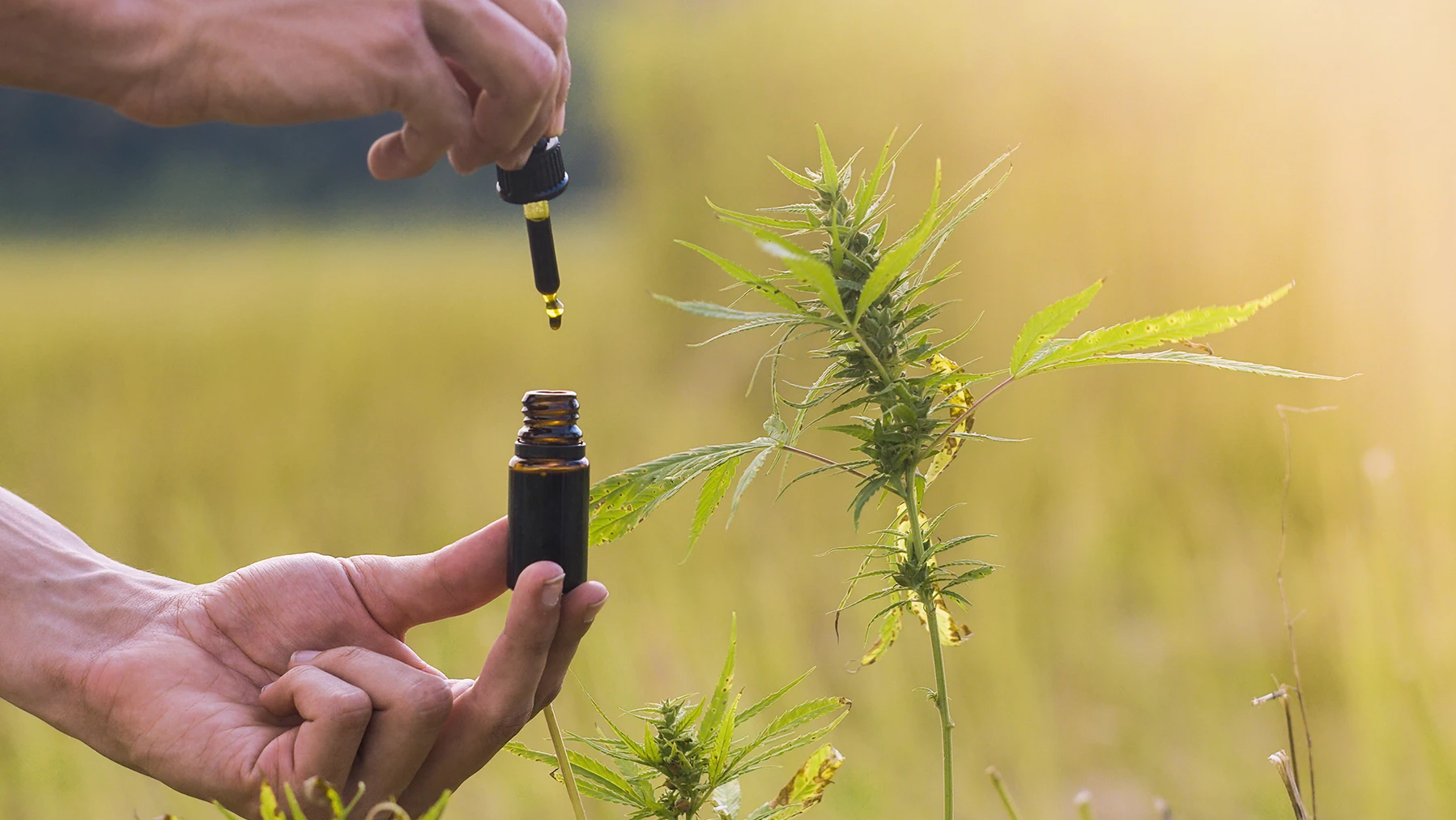The medicinal use of cannabis in the healthcare sector is a relationship that has been documented for around 4,000 years. Cannabis’ medicinal properties were historically recognised by Greek, Roman, Indian, Assyrian and Chinese cultures. Whether used as a pain relief, an anti-inflammatory, or a muscle relaxant the medical application of cannabis is now being recognised in contemporary medical practice.
As the backbone of the medical world, what role can nurses play in the rejuvenation of medicinal cannabis? This article will answer this question and offer solutions to keep nurses updated on the application of medicinal cannabis.

Nurses role in keeping up with medical evidence
Nurses have a crucial role at the front line of healthcare. Assessing patients’ needs, administering treatments, and advising patients are just a small part of a nurse’s day to day life. Therefore, it is essential that nurses are kept in the loop about advancements in medicine.
Medical cannabis has been proven to assist with a range of conditions such as a substitute for typical chronic pain medication or as a tool to alleviate chemotherapy induced nausea. However, nurses may not be aware of this data, or could be sceptical about the legal ramifications associated with recommending medical cannabis treatments due to the lack of awareness surrounding this issue.
Fortunately, the legalisation of medicinal cannabis in the UK coincided with a number of organisations and training programmes being formulated which aim to educate nurses on the data on medicinal cannabis, and how to communicate these recommendations to maximise patient outcome.
The prescription process
While it is possible to receive a medical cannabis prescription in the UK using the NHS, a prescription can only be provided if other treatments have been exhausted and have been proven to be unsuitable. Medical cannabis can be prescribed through the NHS for severe forms of epilepsy, muscle stiffness caused by multiple sclerosis, or for treating nausea caused by chemotherapy.
It is far more likely to obtain a prescription using a private clinic, which will assign a specialist clinician listed with the General Medical Council (GMC) Specialist Register to assess the patient’s medical history and decide whether medicinal cannabis is an appropriate course of action.
Once this process is complete, a prescription can be filled using a medicinal cannabis pharmacy who will process and deliver the medicinal cannabis to the patient.
How Plantific can help with the application of nursing for medicinal cannabis
Plantific offers a number of courses designed to improve awareness on the latest research on medicinal cannabis and how professionals can get involved in the sector.
Our introductory course to the cannabis industry provides a comprehensive and detailed learning experience with extensive listing of the required research areas to be briefed on the past, current and future aspects of the international legal medical cannabis industry.
By the end of the course, you will have the necessary knowledge to:
- Understand the fundamental traits of cannabis and recognise the various components of the plant
- Grasp the process of cultivating cannabis and manufacturing cannabis-based products
- Differentiate between cannabinoid-rich products and non-cannabinoid rich ones like industrial hemp, as well as between the psychotropic component THC and non-psychotropic ones like CBD
- Discern how cannabis products are tested to comply with international standards
- Understand how the cannabis engages with critical systems in the human body
- Determine what the current body of scientific evidence says about the effectiveness treating medical conditions with cannabis
- Recognise the adverse effects and other risks of cannabis use
- Comprehend the current leading regulatory frameworks governing medical and recreational cannabis use, including pilot programmes
- Appreciate the historical and cultural significance of cannabis, as well as the development of policy debates and regulations surrounding its use.
- Formulate a panorama of the cannabis industry and the different sectors within it
If you are interested in learning more, explore the various courses we offer.


